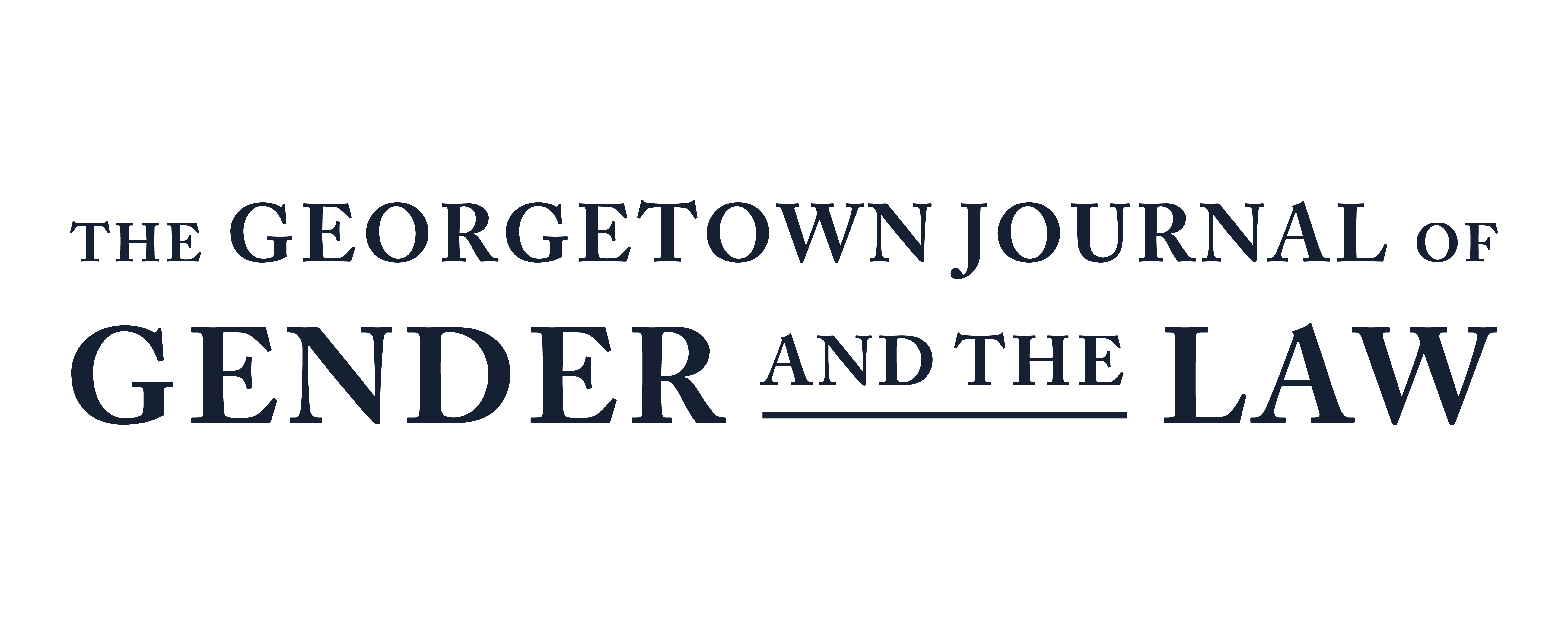Shantay Drag Stays: Anti-Drag Laws Violate the First Amendment
This article explains why virtually any law aimed specifically at restricting, suppressing, or banning drag performances violates the First Amendment. The key reasons for this are as follows. First, drag performances are expressive conduct protected by the First Amendment. Second, drag performances generally do not fall into any uncovered category of speech, such as obscenity. Third, drag performances express viewpoints. Fourth, the Supreme Court has set an extremely high standard for permitting viewpoint discrimination—even for speech not covered by the First Amendment. Laws aimed at restricting drag performances do not meet this high standard because, among other reasons, such laws are not precisely tailored. Thus, laws that pick out drag performances for restriction over and above other forms of covered (or even uncovered) speech violate the First Amendment. After offering these arguments, this article examines how these First Amendment facts impact anti-drag laws in Tennessee, Arkansas, and Montana. These three case studies provide further evidence for the conclusion that anti-drag laws are generally unconstitutional by examining issues of overbreadth and vagueness, with an emphasis on how vague and overbroad anti-drag laws like these impermissibly chill the speech and expression of drag performers and of trans people.
Keep Reading Shantay Drag Stays: Anti-Drag Laws Violate the First Amendment
Subscribe to GJGL
